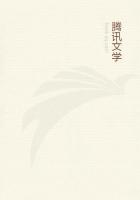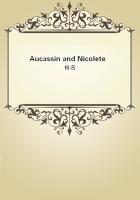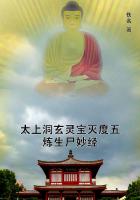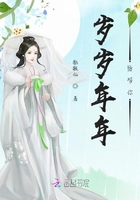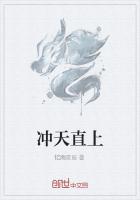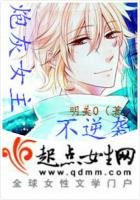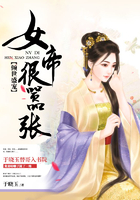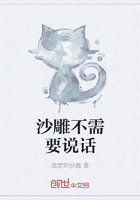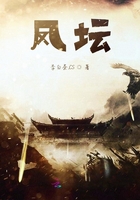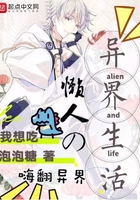As Sophocles and Euripides preceded the historians and moralists of Greece, not only Naevius and Ennius, who wrote the Roman history in verse, but Lucilius, Plautus, Terence, and we may add Lucretius, were prior to Cicero, Sallust, or Caesar.
Dante and Petrarch went before any good prose writer in Italy;Corneille and Racine brought on the fine age of prose compositions in France; and we had in England, not only Chaucer and Spenser, but Shakespear and Milton, while our attempts in history or science were yet in their infancy; and deserve our attention, only for the sake of the matter they treat.
Hillanicus, who is reckoned among the first prose writers in Greece, and who immediately preceded, or was the contemporary of Herodotus, set out with declaring his intention to remove from history the wild representations, and extravagant fictions, with which it had been disgraced by the poets.(23*) The want of records or authorities, relating to any distant transactions, may have hindered him, as it did his immediate successor, from giving truth all the advantage it might have reaped from this transition to prose. There are, however, ages in the progress of society, when such a proposition must be favourably received. When men become occupied on the subjects of policy, or commercial arts, they wish to be informed and instructed, as well as moved. They are interested by what was real in past transactions. They build on this foundation, the reflections and reasonings they apply to present affairs, and wish to receive information on the subject of different pursuits, and of projects in which they begin to be engaged. The manners of men, the practice of ordinary life, and the form of society, furnish their subjects to the moral and political writer. Mere ingenuity, justness of sentiment, and correct representation, though conveyed in ordinary language, are understood to constitute literary merit, and by applying to reason more than to the imagination and passions, meet with a reception that is due to the instruction they bring.
The talents of men come to be employed in a variety of affairs, and their inquiries directed to different subjects.
Knowledge is important in every department of civil society, and requisite to the practice of every art. The science of nature, morals, politics, and history, find their several admirers; and even poetry itself, which retains its former station in the region of warm imagination and enthusiastic passion, appears in a growing variety of forms.
Matters have proceeded so far, without the aid of foreign examples, or the direction of schools. The cart of Thespis was changed into a theatre, not to gratify the learned, but to please the Athenian populace: and the prize of poetical merit was decided by this populace equally before and after the invention of rules. The Greeks were unacquainted with every language but their own; and if they became learned, it was only by studying what they themselves had produced: the childish mythology, which they are said to have copied from Asia, was equally of little avail in promoting their love of arts, or their success in the practice of them.
When the historian is struck with the events he has witnessed, or heard; when he is excited to relate them by his reflections or his passions; when the statesman, who is required to speak in public, is obliged to prepare for every remarkable appearance in studied harangues; when conversation becomes extensive and refined; and when the social feelings and reflections of men are committed to writing, a system of learning may arise from the bustle of an active life. Society itself is the school, and its lessons are delivered in the practice of real affairs. An author writes from observations he has made on his subject, not from the suggestion of books; and every production carries the mark of his character as a man, not of his mere proficiency as a student or scholar. It may be made a question, whether the trouble of seeking for distant models, and of wading for instruction, through dark allusions and languages unknown, might not have quenched his fire, and rendered him a writer of a very inferior class.

